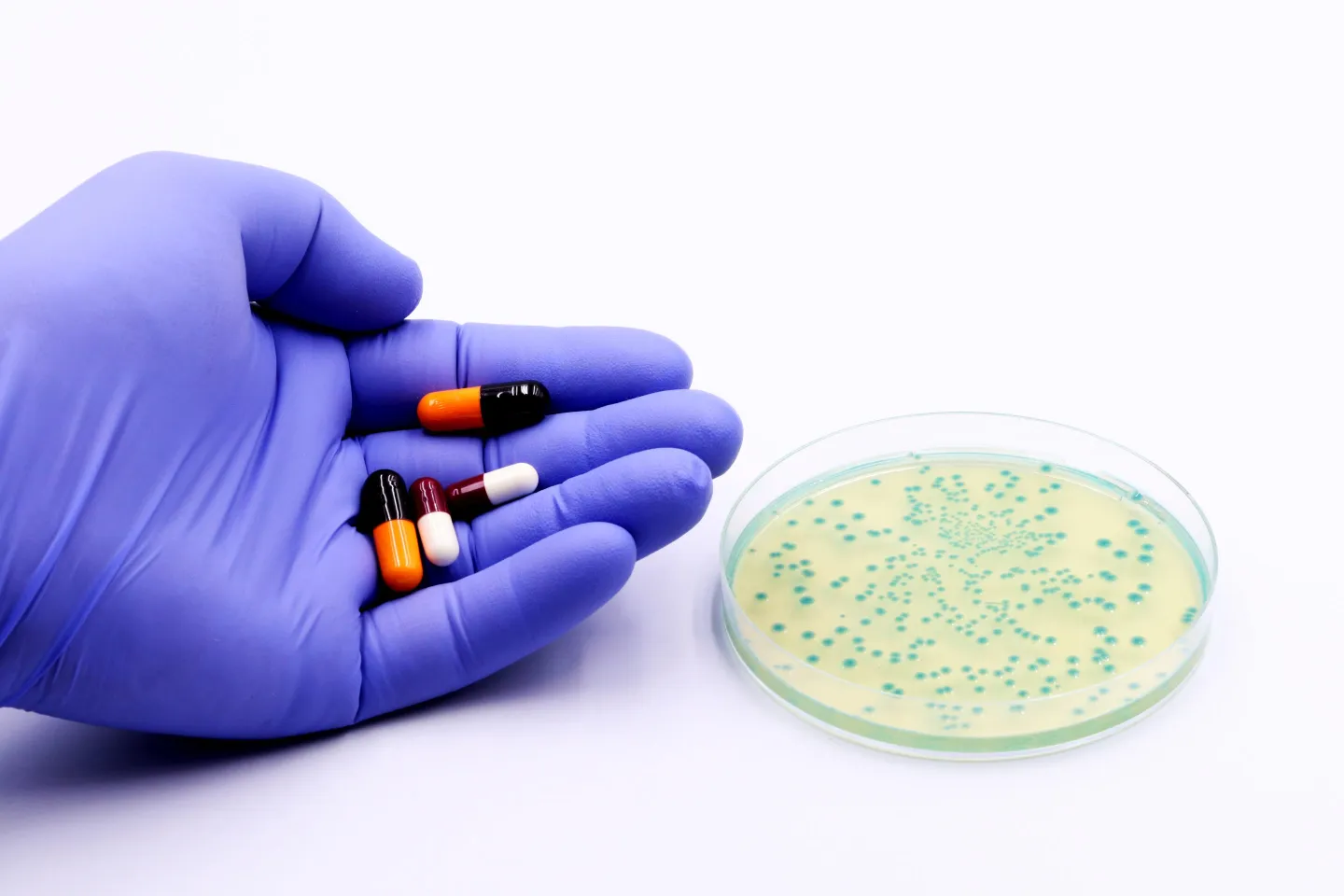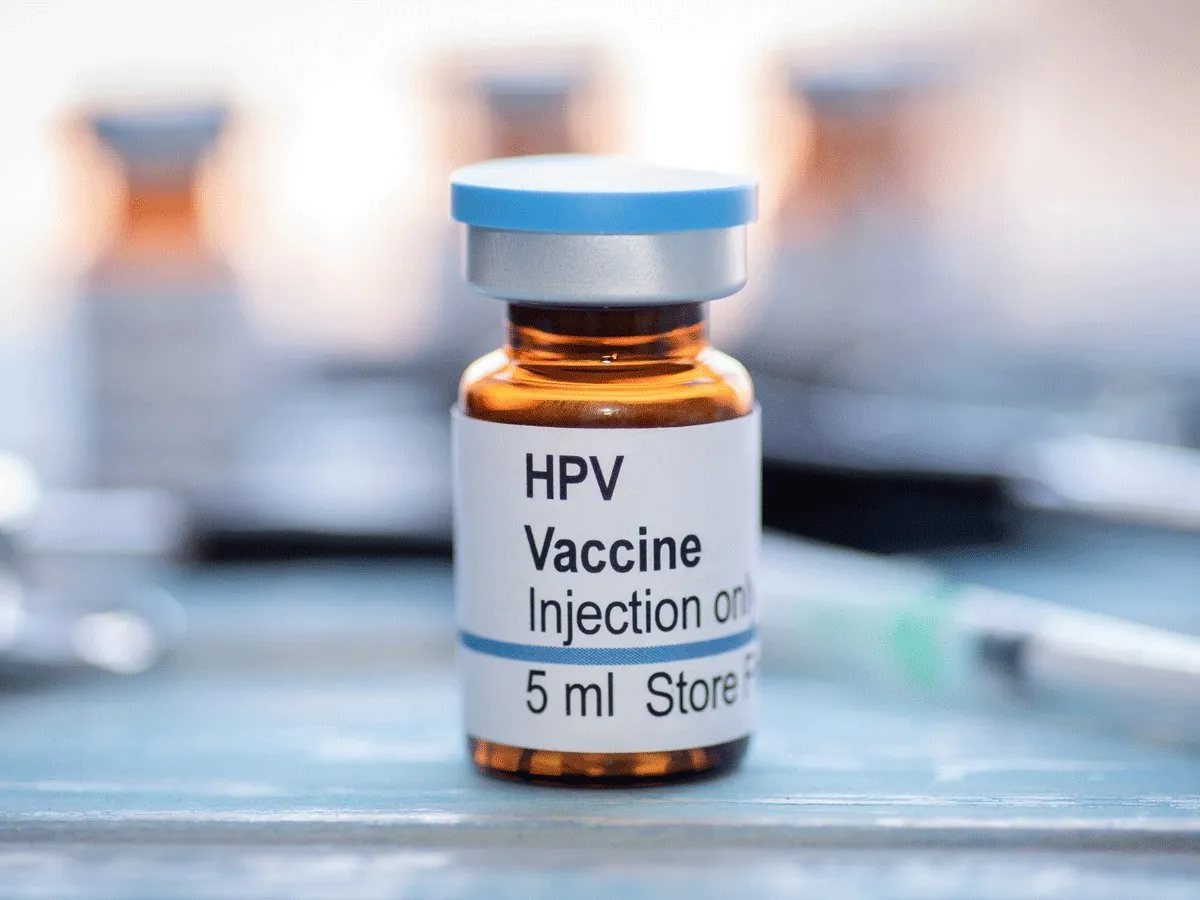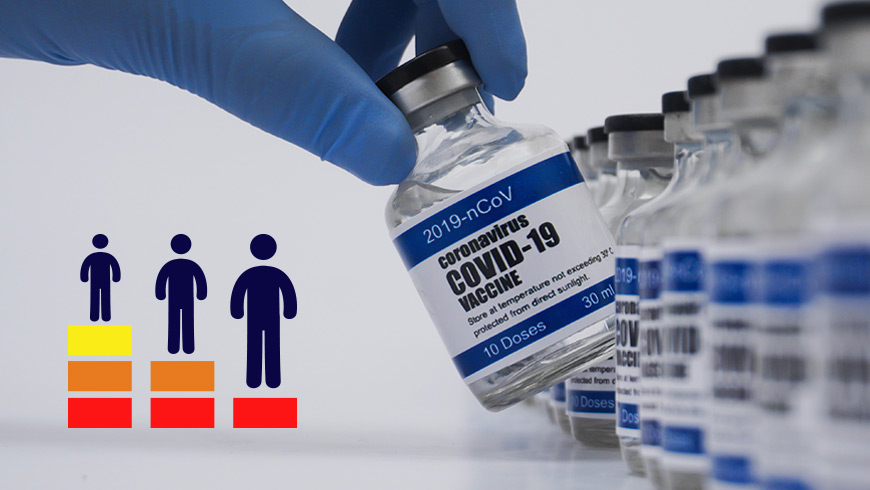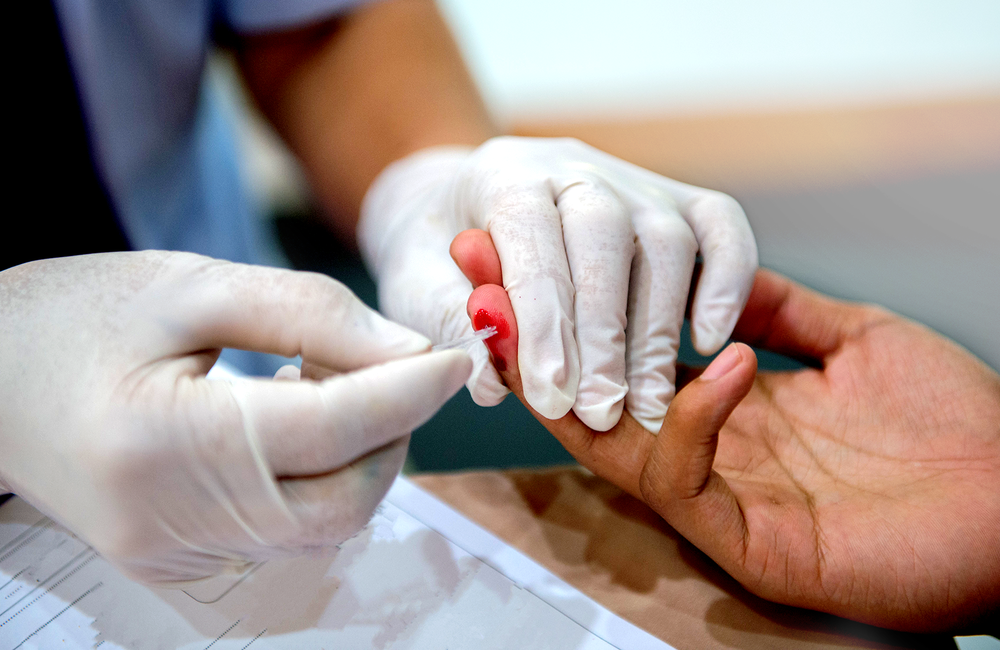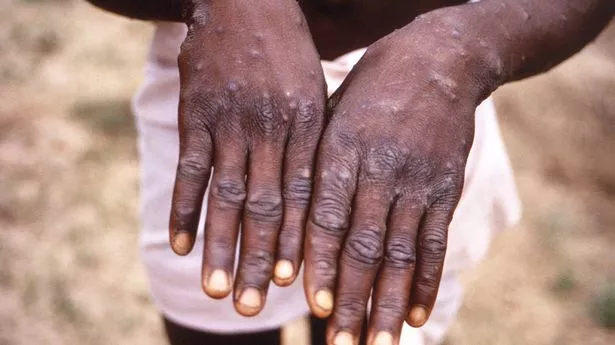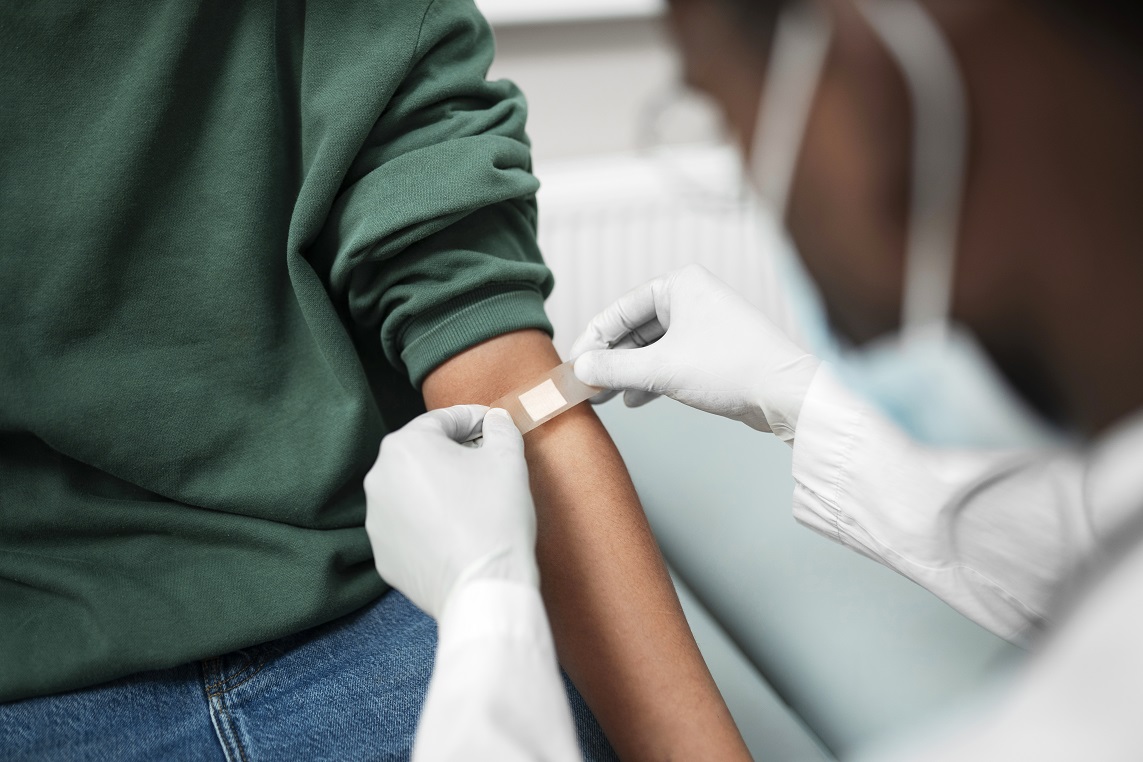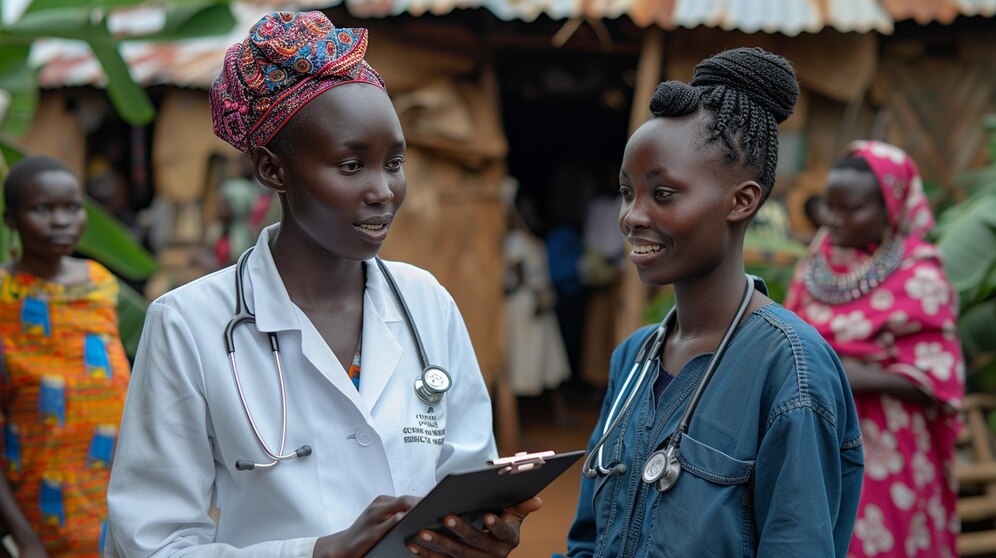The World Health Organization (WHO) has recently released new guidance aimed at tackling gender disparities in the prevention, diagnosis, and treatment of drug-resistant infections. This initiative is crucial as antimicrobial resistance (AMR) poses significant risks, particularly to women and girls in low-resource settings.
Understanding AMR and Its Gendered Impact
AMR occurs when bacteria, viruses, fungi, and parasites no longer respond to medicines, leading to more severe illnesses and increased spread of infections. Women and girls face higher barriers in accessing healthcare, making them more vulnerable to complications from drug-resistant infections. Factors such as their roles in food preparation, caregiving, and water collection increase their exposure to drug-resistant pathogens. Additionally, women make up 70% of the global health workforce, further exposing them to dangerous pathogens.
Gender-Specific Challenges
The guidance highlights that gender influences people’s exposure to infections, their preventive measures, and their healthcare-seeking behaviors. For instance, women are 27% more likely to receive antibiotics throughout their lifetime than men. Female doctors tend to adopt a more conservative approach to prescribing antibiotics compared to their male counterparts. Cultural norms limiting women’s decision-making power and financial independence often push them towards self-diagnosis and inappropriate treatments, exacerbating the persistence of resistant infections.
Recommendations for Change
WHO’s guidance includes 20 actionable recommendations for Member States. These recommendations aim to identify and address gender-specific vulnerabilities, embed gender analysis into AMR research, and promote equitable access to antibiotics. Here are some key recommendations:
- Promote Gender-Responsive AMR Policies: Encourage the inclusion of gender perspectives in national AMR action plans to ensure that interventions address the specific needs of different genders.
- Strengthen Data Collection: Improve data collection efforts to include gender-disaggregated data on AMR, which will help in understanding the different impacts on men and women.
- Enhance Access to Healthcare: Ensure equitable access to healthcare services, including antibiotics, for all genders. This includes addressing financial and social barriers that prevent women and girls from seeking timely care.
- Support Women in the Health Workforce: Provide support and protection for women in the health workforce, who are at higher risk of exposure to drug-resistant pathogens.
- Raise Awareness and Education: Implement awareness campaigns and educational programs that highlight the importance of gender considerations in AMR prevention and treatment.
- Promote Research and Innovation: Encourage research that focuses on gender-specific aspects of AMR and the development of new treatments and interventions that consider these differences.
- Foster Multisectoral Collaboration: Promote the participation of women, men, and vulnerable groups in multisectoral AMR coordination mechanisms to ensure diverse perspectives are considered.
Un appel à l'action
This guidance comes at a critical time, with over 170 countries who have already developed AMR national action plans by 2024. However, only 27 of these plans disaggregate relevant data by sex, geographic location, income, and other characteristics. The absence of gender-disaggregated data represents a significant barrier to addressing inequalities through tailored health interventions and inclusive policy frameworks.
The upcoming High-Level Meeting on AMR during the 79th United Nations General Assembly in September 2024 provides an important opportunity for global leaders to collectively and inclusively address AMR. By implementing WHO’s recommendations, countries can make significant strides towards reducing gender disparities in AMR and improving health outcomes for all.
WHO Updates Guidelines for Influenza Care: What You Need to Know
The World Health Organization (WHO) has recently updated its guidelines for managing patients with influenza. These guidelines are crucial for healthcare providers, policymakers, and anyone involved in epidemic and pandemic preparedness.

